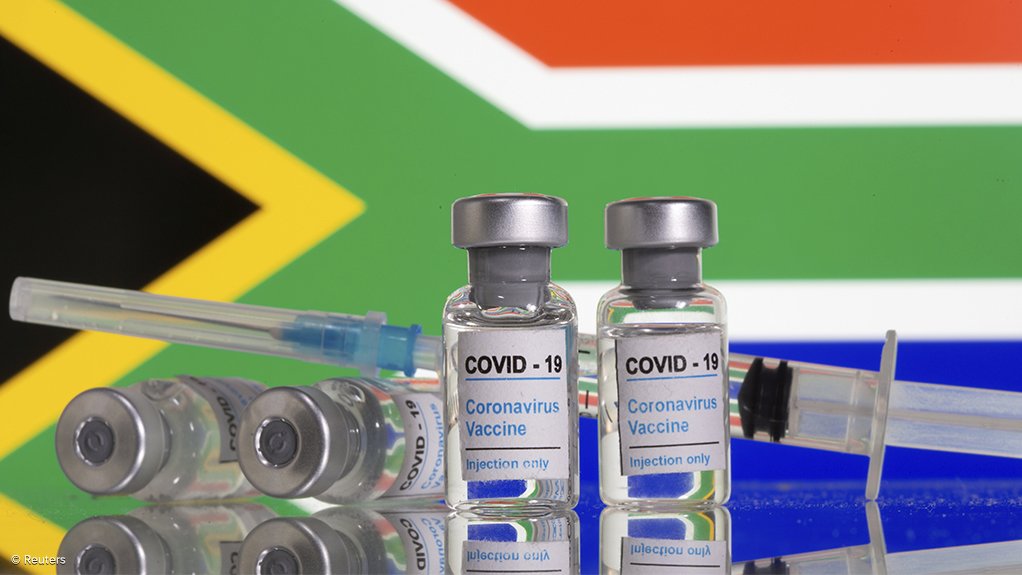For the six months to end-March, Netcare reported a 2% increase in revenue to R10.3-billion, with adjusted headline profit per share rising 29%. The company reported an interim dividend per share 20c.
Its profit margin improved thanks to higher hospital occupancy levels in recent months and lower spending on Covid-19 personal protective equipment.
Hospital occupancies in December and early January were hit during the fourth Covid wave. However, after the wave subsided and schools opened, there was a steady ramp-up in activity in both medical and surgical cases.
February and March recorded the highest level of non-Covid-19 activity since the start of the pandemic.
Over the half-year period, occupancy levels in acute hospitals increased to 55.5%, from 53.8% in the previous year – while occupancy in February and March reached 62.4%. At its mental health facilities, average occupancy across February and March 2022 climbed to 78.8%.
As a result of the milder Omicron Covid-19 variant, patient days related to the pandemic fell by 70% over the six months, compared to the same period in 2021.
Notwithstanding this decline, total patient days for the six months grew by 2.7%.
Netcare says its outlook for the remainder of the 2022 financial year largely depends on the evolution of the pandemic.
"The new Omicron sub-variants (BA.4 and BA.5) that have recently emerged are currently driving an increase in Covid-19 positive cases in South Africa. While the impact of these sub-variants appears to be mild thus far, reflected in relatively low hospitalisation and lower mortality, it may weigh on patient sentiment and could affect activity in the short term."
"In addition, the possibility of further waves of Covid-19 does exist. However, in the absence of a new highly transmissible and virulent variant of the virus, and against the background of increasing levels of immunity from natural infection and vaccination, there may be a reduction in the severity of such potential waves should the serial mutation of the Omicron variant continue."
Netcare also highlighted the impact of "long Covid", saying that the wide spectrum of clinical conditions related to the illness may influence future demand for medical services, including primary care, dialysis, acute care and mental health.
It also warned of supply chain bottlenecks, and rising interest rates, which are placing increasing pressure on prices.
Netcare also highlight the risk of load-shedding and a national shortage of nurses.
“The attraction and retention of scarce skills remains a critical imperative for the business.”
EMAIL THIS ARTICLE SAVE THIS ARTICLE
To subscribe email subscriptions@creamermedia.co.za or click here
To advertise email advertising@creamermedia.co.za or click here











